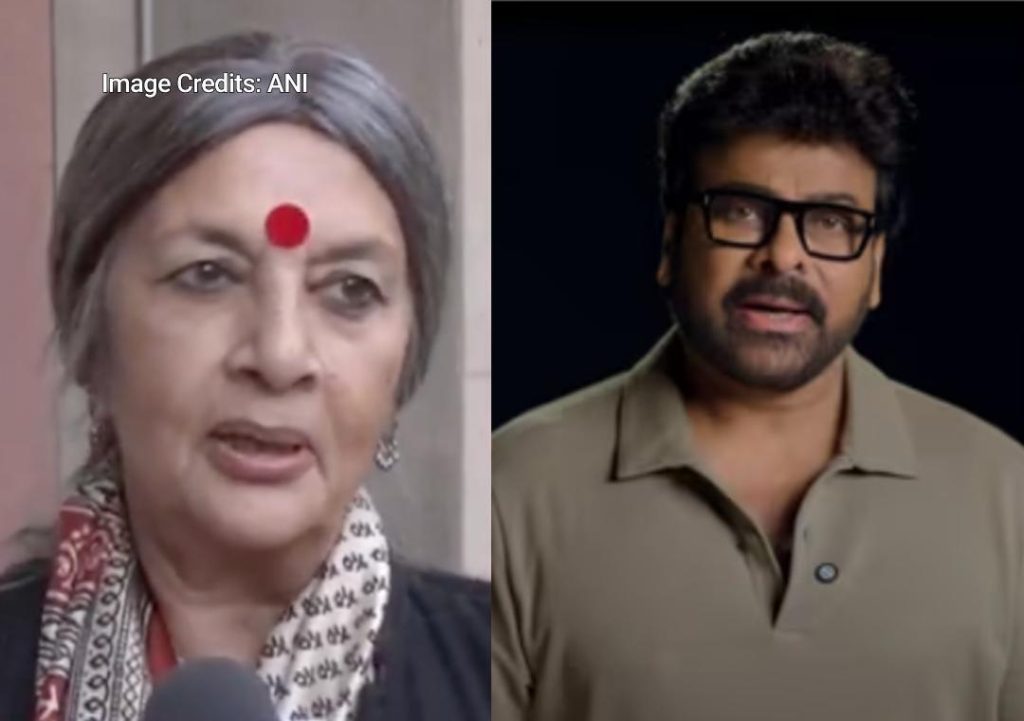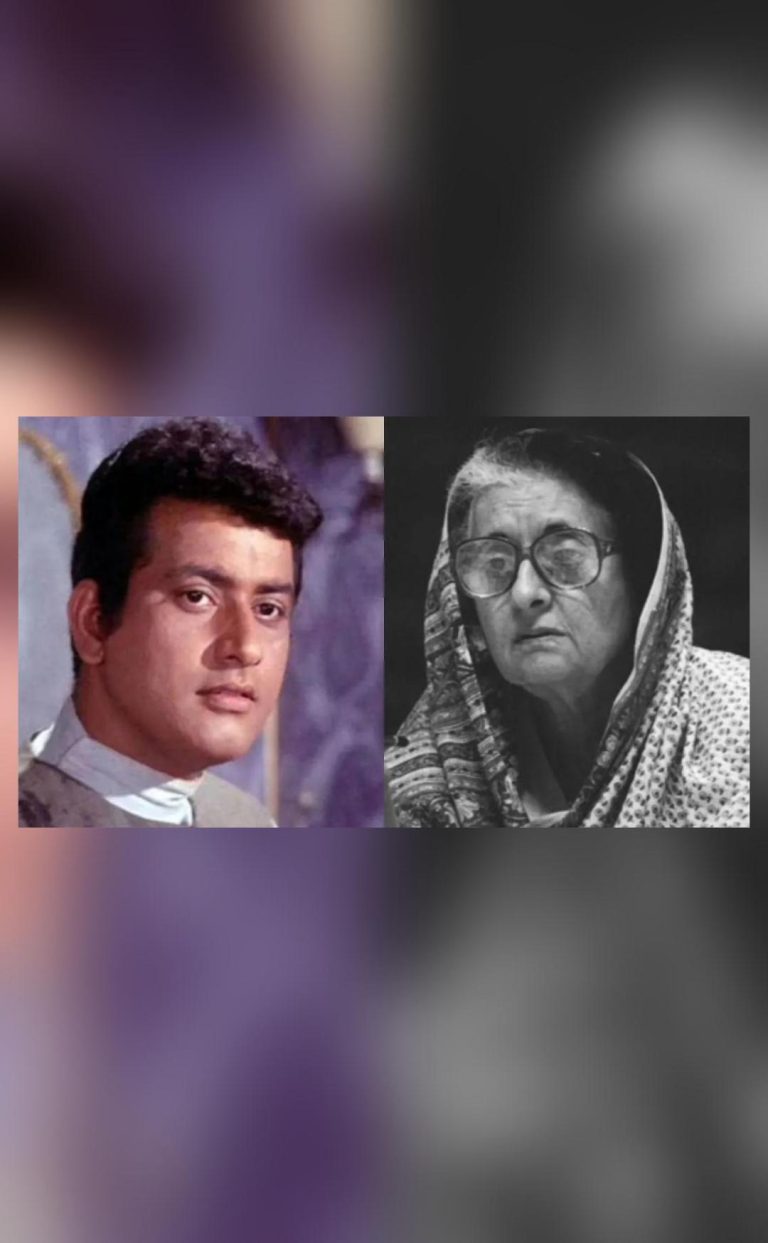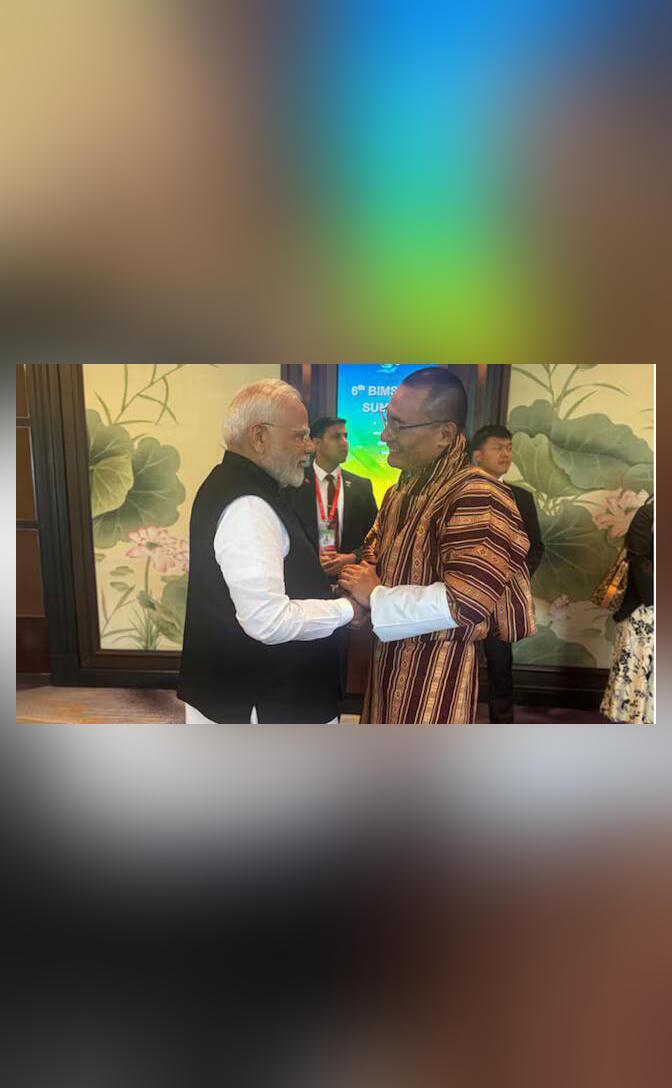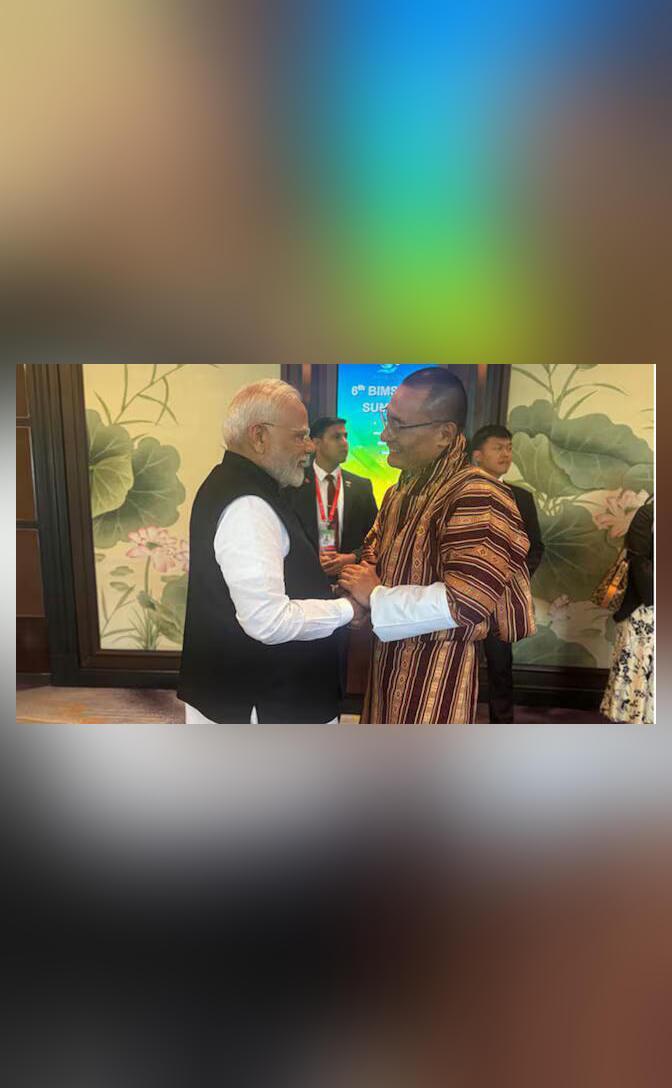
Crass, Sexist: Karat on Chiranjeevi’s ‘Wish for Grandson’ Remark
In a recent interview, Telugu superstar Chiranjeevi Konidela expressed his desire to have a grandson to carry on his family’s legacy. While the comment may have been meant as a lighthearted joke, it has sparked controversy among many, including CPI-M leader Brinda Karat. Karat has vehemently criticized the actor’s remark, terming it “crass” and “sexist”.
Karat’s comments came in response to Chiranjeevi’s statement, where he joked about wanting his son Ram Charan to have a boy to continue their family’s legacy. While the remark may have been intended as a harmless joke, Karat argues that it perpetuates a dangerous and harmful societal expectation. According to Karat, the comment is not only sexist but also reinforces the notion that girls are not as valuable as boys.
“This is a kind of culture which coerces women to go in for sex determination tests and to abort…female foetus,” Karat was quoted as saying. She emphasized that such attitudes and remarks can have devastating consequences for women and girls, particularly in societies where gender discrimination is already prevalent.
Karat’s comments are not without merit. The desire for a male child is a deeply ingrained social norm in many parts of the world. In India, for instance, the sex ratio at birth has been declining over the years, and experts attribute this trend to the strong preference for sons. This preference can lead to gender-based violence, including sex-selective abortions, female infanticide, and discrimination against girls.
Moreover, such attitudes can also have long-term consequences for women’s empowerment and equality. When girls are not valued or respected, it can limit their opportunities and potential, perpetuating cycles of gender inequality. In a society where boys are seen as the preferred sex, girls are often relegated to secondary status, and their rights and dignity are compromised.
It is essential to recognize that gender equality is not just a matter of social justice but also a crucial factor in economic development and societal well-being. When girls and women are empowered, they are more likely to participate in the workforce, contribute to economic growth, and play a more significant role in shaping society.
Chiranjeevi’s remark is not an isolated incident. Unfortunately, such attitudes and comments are all too common in our society. It is crucial that we challenge and condemn such remarks, rather than dismissing them as harmless jokes. By doing so, we can create a culture that values and respects women and girls, and recognizes their equal importance in our society.
In conclusion, while Chiranjeevi’s comment may have been intended as a lighthearted joke, it has sparked an important conversation about the societal attitudes and norms that perpetuate gender inequality. As Karat so aptly put it, such remarks can have devastating consequences for women and girls. It is our responsibility to challenge and overcome these attitudes, and to create a society that values and respects women and girls, equally.






